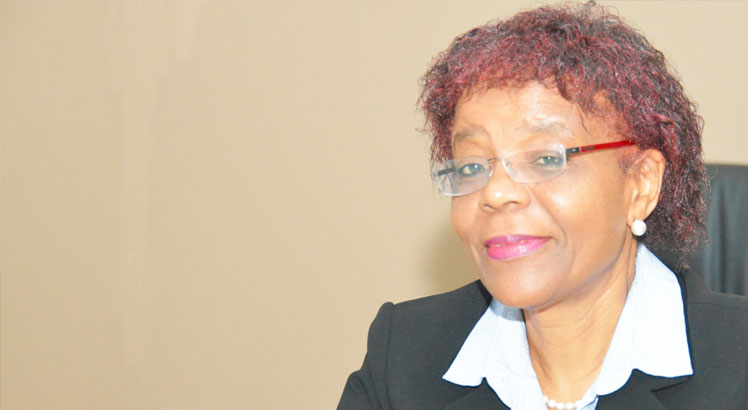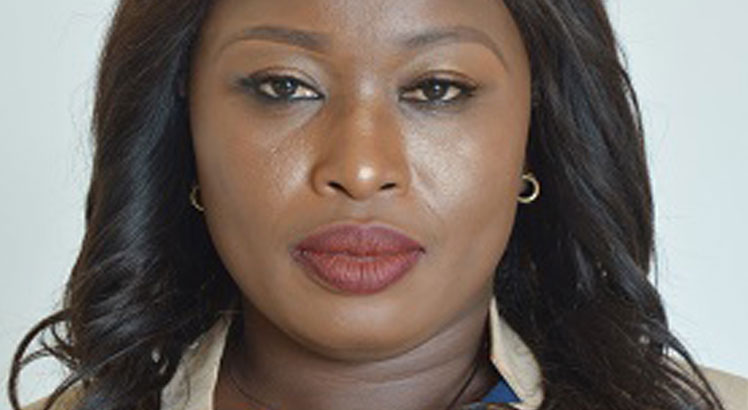The Malawi Human Rights Commission (MHRC) has been operating without commissioners for more than six months, a development human rights experts say is a setback on crucial human rights checks and investigations.
The three-year tenure for the previous team, which was the commission’s seventh cohort and led by disability rights activist Scader Louis, expired in February this year. President Lazarus Chakwera is mandted to appoint the new commissioners, but he is yet to do so because
Weekend Nation understands the appointment process has not been finalised six months after it was initiated.
While the President appoints the commissioners, Section 131 of the Constitution and the Human Rights Commission Act prescribe that the process shall be jointly initiated by the Law Commissioner and the Ombudsman, who recommend names to him for appointment.
However, Law Commissioner Rosemary Kanyuka and the Ombudsman Grace Malera are yet to nail down the process which they began on March 10 2023 when they floated a public advertisement for nominations under Section 4 of the Act.
Leads the Law Commission: Kanyuka
The two invited 100 key human rights stakeholders to nominate up to two persons (one male and one female) who have sound knowledge of human rights issues from within or outside their organisations.The organisations were, according to the law, expected to submit the names within 30 days.
Thereafter, the Law Commissioner and the Ombudsman are supposed to publish in the Gazette the list of these organisations, names of the nominees, names of persons formally appointed by the President, names put on the reserve list, and the resultant membership of the commission.
However, our sources indicate that the Law Commissioner and the Ombudsman only assessed the nominated individuals last week in Lilongwe, but have not yet made their recommendations to the President.
When contacted on the issue, both Kanyuka and Malera referred Weekend Nation to MHRC executive secretary Habiba Osman.In a written response, Osman said after receiving nominations there were administrative processes to be done according to the Human Rights Commission Act and the regulations.
She said: “At the moment the process is at an advanced stage and once completed, the information will be gazetted and be accessible to any interested persons.”Osman also dispelled assertions that there was a vacuum in the human rights watchdog since there is guiding legislation and policies in place for the institution to operate and function.
Referred matter
to Osman: Malera
“The commission continues to follow the due process of the law and apply fairness in the process up to the end. However, the commission is at an advanced stage of the process.
“Please note that at this stage the process is highly confidential, and until it is finalised, we cannot divulge any information,” she said.
But human rights advocate Undule Mwakasungula and governance expert Mavuto Bamusi argue that the delay has significant implications and challenges
besides being “suspicious as it reflects a tactical attempt to systematically weaken MHRC”.
Mwakasungula cited both short and long-term implications and challenges such as loss of oversight and accountability, legal and constitutional challenges, and erosion of public trust in the commission.
He also referred to the impact on vulnerable populations, international repercussions, and operational challenges as additional challenges.
“Without commissioners, the commission might face operational challenges, including a lack of direction, strategy, and decision-making. This could lead to delays in investigations, reporting, and other essential functions,” he observed.
On his part, Bamusi argued that the delay in the appointment was itself a violation of human rights and “reflects hypocrisy on the part of the appointing authorities and double standards in human rights protection and promotion”.
The former Presidential adviser on non-governmental organisations (NGOs) and civil society organisations also expressed concern, saying the delay was ill-timed, as it comes at a critical time when the country is experiencing serious human rights violations that need to be investigated.
The delay in instituting a full bench of commissioners, according to two former commissioners, has created a vacuum at MHRC as far as policy direction and decision-making are concerned.
Speaking anonymously in separate interviews, the ex-commissioners said the appointments were long overdue and the development was preventing the institution from making crucial decisions and general or specific directions to the secretariat, which are made through voting at meetings of the commissioners.
According to the 2016 amendment of Section 26 of the Act, decisions of the commission are made by a majority of the appointed commissioners voting at a meeting.Explained one of the ex-commissioners: “Crucial human rights decisions at the commission are made by a full
bench of commissioners at a meeting… and that meeting is only convened with a quorum, not the Law Commissioner and the Ombudsman or the secretariat.”
The other former commissioner emphasised that in the absence of the appointed members of the commission “there is virtually no commission”.
“The Law Commissioner and the Ombudsman, according to the amended Human Rights Commission Act, have no powers to make decisions. Their task is only to facilitate the appointment of the commissioners,” she said.
The Constitution mandates MHRC to protect and investigate violations of human rights or any other law.
In December 2019, the government challenged an MHRC report on a rape incident allegedly committed by police officers around Nsundwe in Lilongwe on account that any action by the commission was subject to scrutiny because the institution did not have commissioners to undertake the task.
The investigation was conducted by the Law Commissioner and the then Ombudsman Martha Chizuma.
MHRC, which is one of the most important governance institutions, comprises nine commissioners; seven are appointed members with voting rights while the Law Commissioner and Ombudsman are ex-officio members.
The commissioners serve for three years, and are eligible for reappointment for another term after the expiry of their mandate.
The list of the seventh cohort comprised Louis (chairperson), Bertha Sefu, Baldwin Chiyamwaka, Chizuma, Kanyuka, Stella Twea, Boniface Massah, Sunduzwayo Madise and Chikondi Chijozi.Half of these commissioners will be reappointed to ensure continuity in the commission as stipulated by the Human Rights Commission Act
The post MHRC crippled appeared first on The Nation Online.
 Moni Malawi
Moni Malawi 

